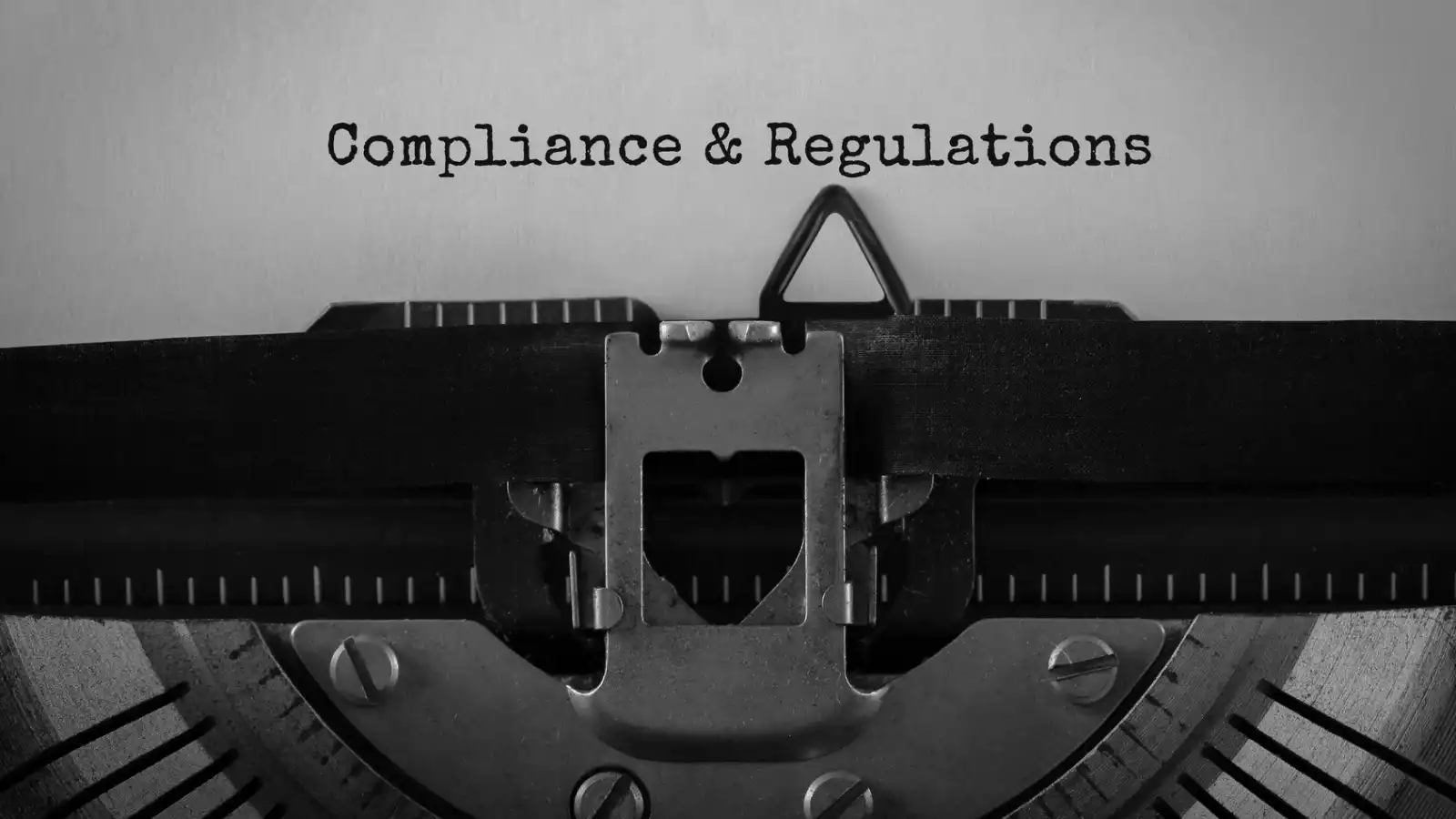 Earlier last month, Massachusetts Governor Deval Patrick signed legislation that expands the state’s 1972 Maternity Leave Act to include fathers. Under the law, fathers can now take eight weeks of unpaid time off for the birth or adoption of a child. All states fall under the 1993 Federal Family and Medical Leave Act (FMLA), which grants 12 weeks of unpaid leave to both men and women. However, FMLA only applies to companies with 50 or more employees. Massachusetts’ new law includes companies with as few as six employees, greatly impacting small business. While this law directly affects Massachusetts companies, it signals a change in protocol that businesses across the U.S. will eventually have to tackle.
Earlier last month, Massachusetts Governor Deval Patrick signed legislation that expands the state’s 1972 Maternity Leave Act to include fathers. Under the law, fathers can now take eight weeks of unpaid time off for the birth or adoption of a child. All states fall under the 1993 Federal Family and Medical Leave Act (FMLA), which grants 12 weeks of unpaid leave to both men and women. However, FMLA only applies to companies with 50 or more employees. Massachusetts’ new law includes companies with as few as six employees, greatly impacting small business. While this law directly affects Massachusetts companies, it signals a change in protocol that businesses across the U.S. will eventually have to tackle.
A Shift in Perception
The most obvious impact of this new legislation is that fathers will have the opportunity to spend quality time with their infants. Which signals a change in perception. A new study conducted by Northeastern University examined the benefits of fathers spending more time with their children. The author of the study stated: “Instead of promoting ideals based on outdated gender norms, firms need to recognize fatherhood as a serious and time-consuming activity, both through formal flex programs and through encouraging supervisors to support fathers in fulfilling family commitments.” The study found that fathers who are more involved in their children’s lives report a better work-life balance, greater job satisfaction and are less likely to quit their jobs. More productivity, happy employees and less turnover are all key assets for any business.
More Legislation Coming
State and federal agencies, as well as private companies are realizing the benefit of paternity leave, even paid time off. Just this month, President Obama requested that federal agencies give workers, both men and women, six weeks of paid sick leave to care for a new child, even if the time off has not yet been earned. Obama also requested that Congress consider giving federal agency workers six more weeks and proposed a $2 billion campaign to encourage states to consider giving paid family leave. Currently, a little over 50 percent of U.S. employers offer paid maternity leave and only 14 percent offer paid paternity leave. Only three states require paid paternity leave, California, New Jersey and Rhode Island.
Federal and state law is likely to continue to evolve for both maternity and paternity leave. In the past, small businesses were mostly unaffected by legislation like FMLA. That is also likely to change, creating new challenges for small businesses.
If you have questions or need assistance keeping your business in compliance with changing legislation please reach out to Genesis HR Solutions at AskUs@genesishrsolutions.com or 800-367-8367.
Genesis HR Solutions is the premier PEO provider for Massachusetts based businesses.




